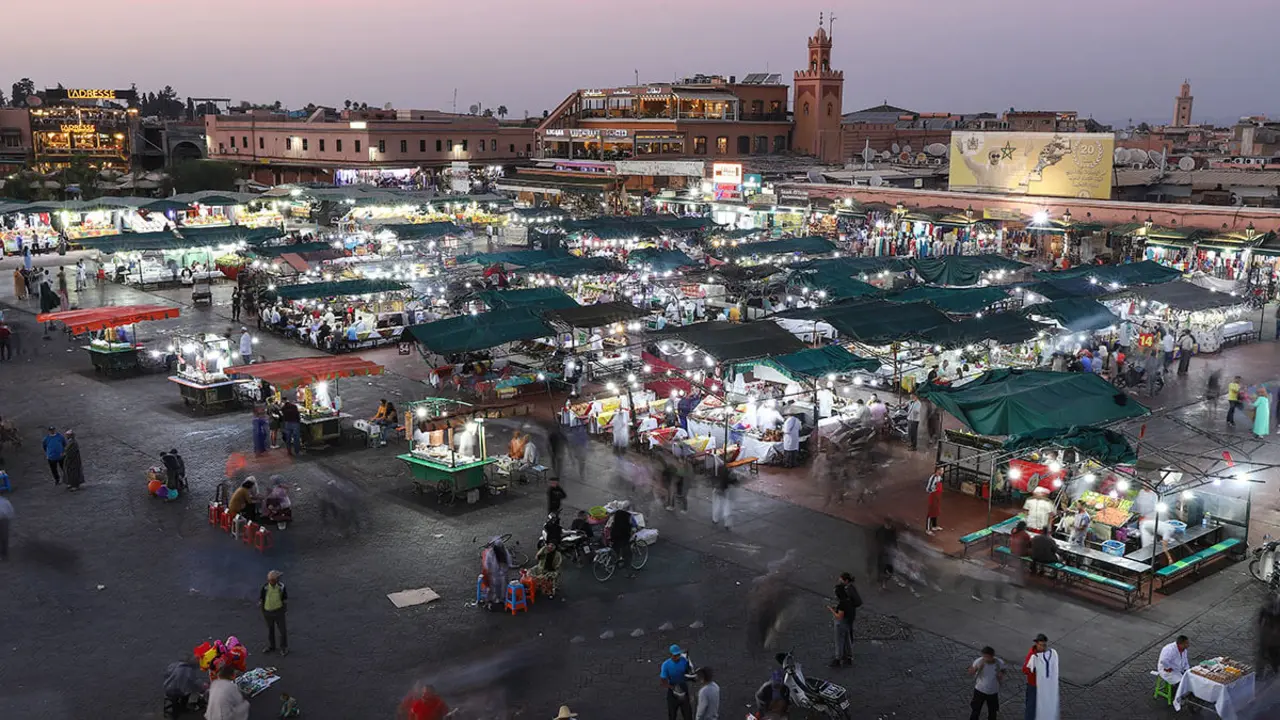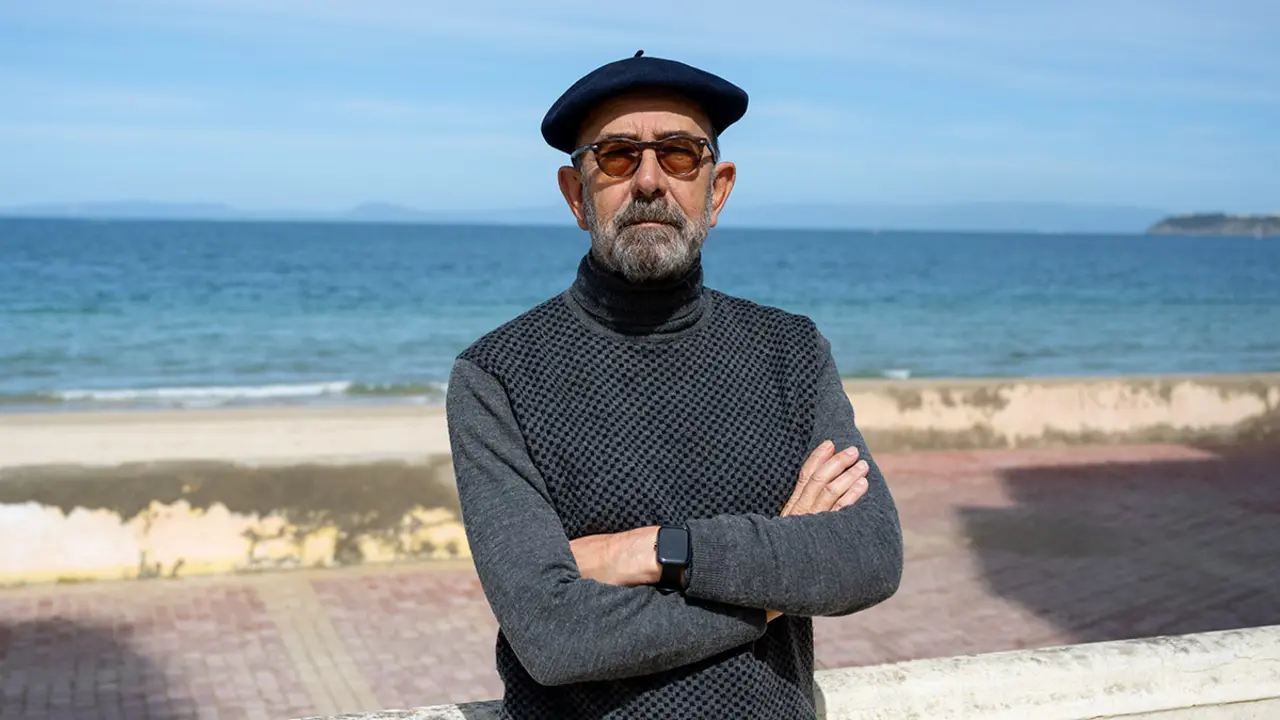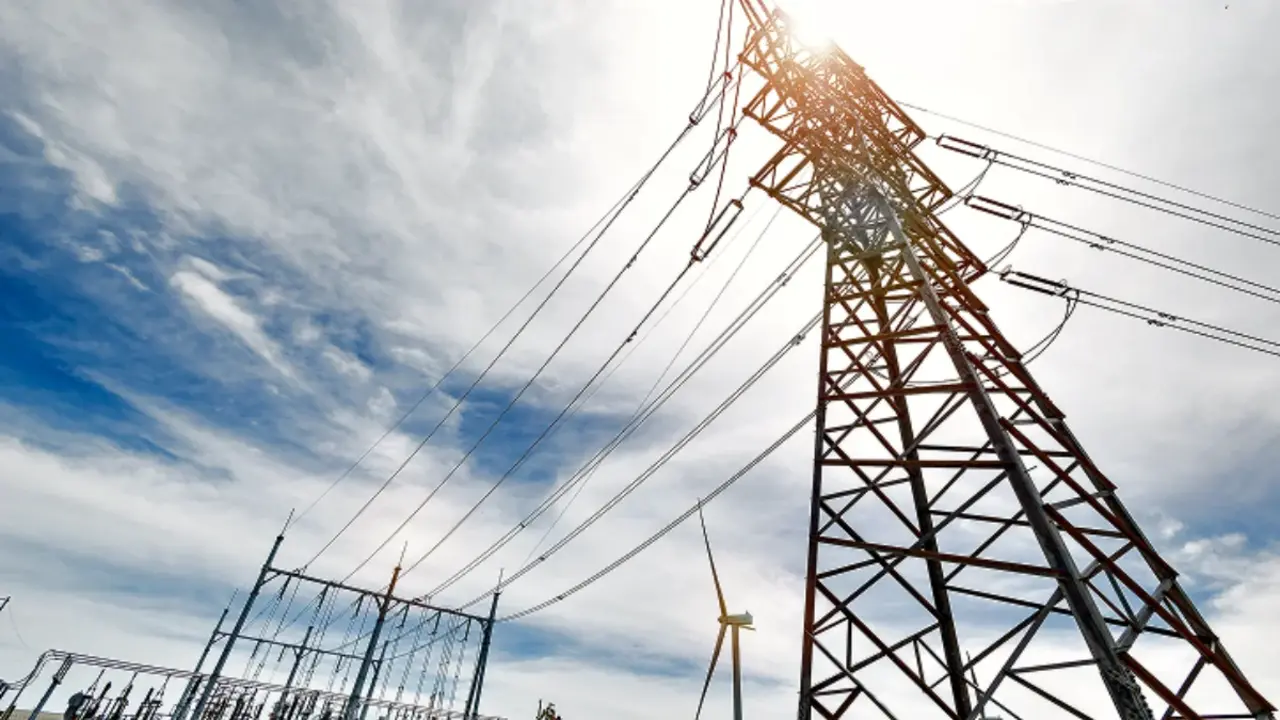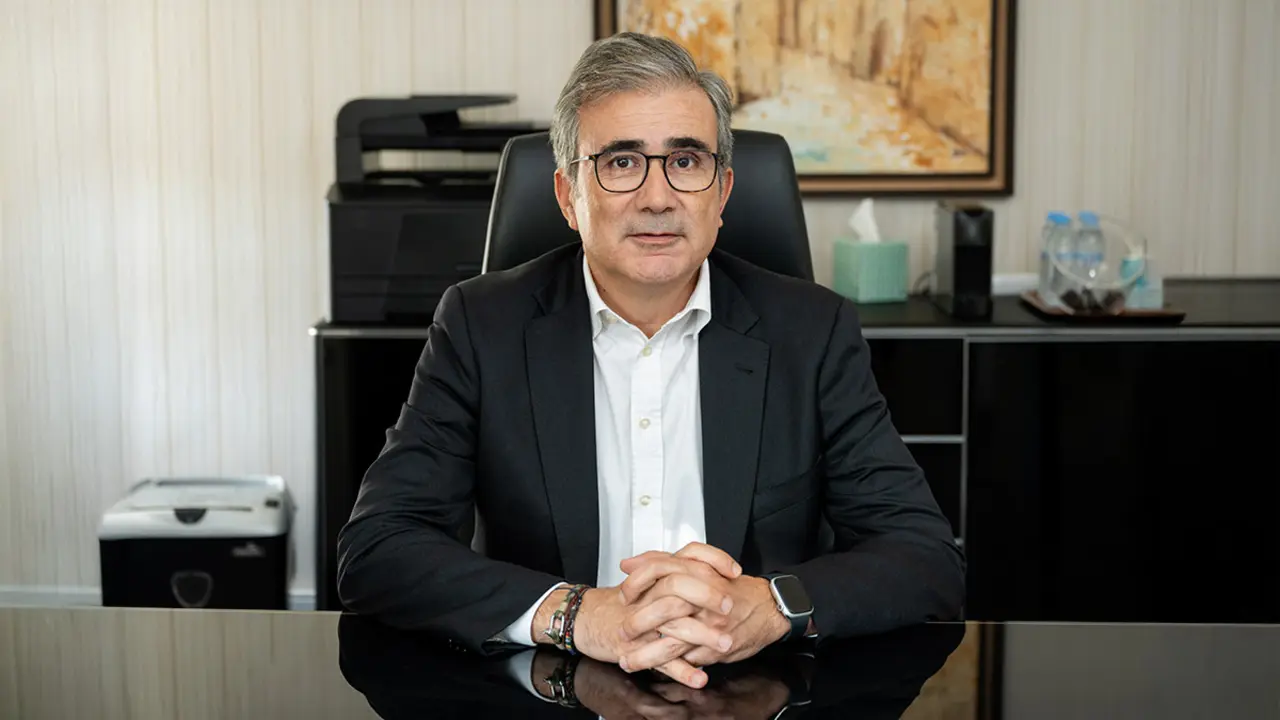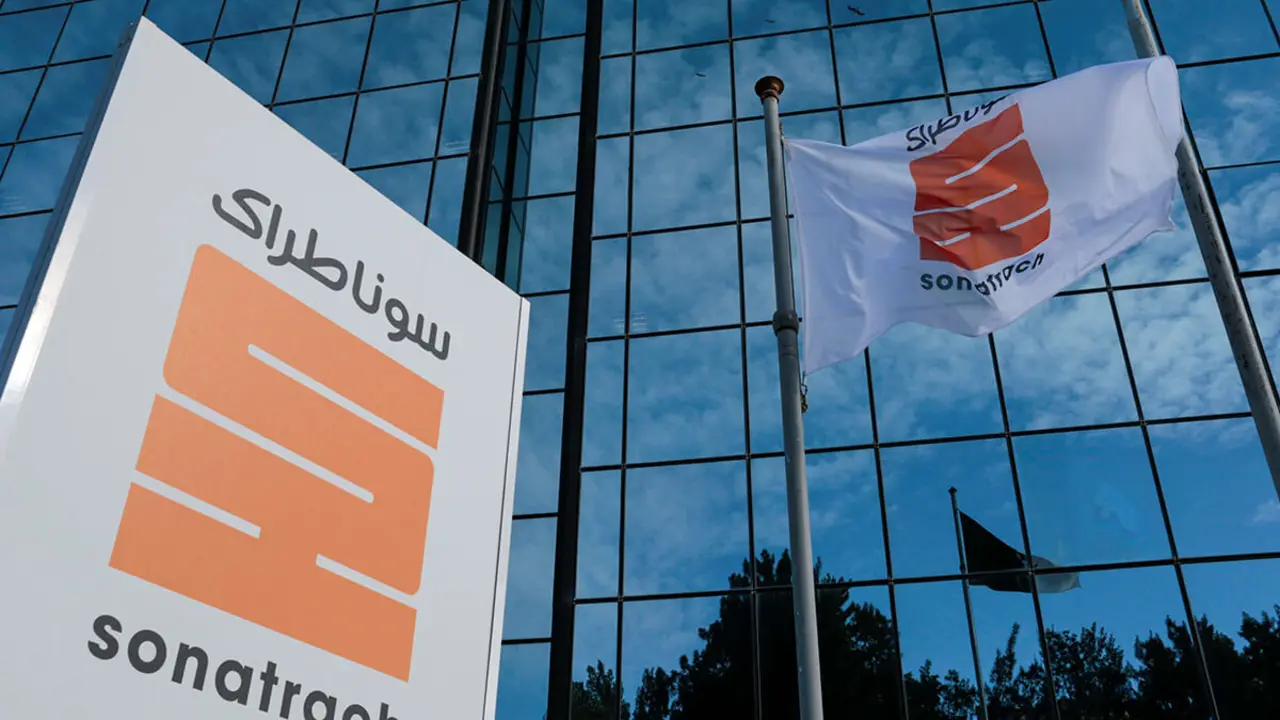Russia resumes gas supplies to Germany via Nord Stream

After 10 days, gas has started flowing again through the Nord Stream pipeline to Germany. However, the pipeline is only running at 30 per cent of its maximum capacity, so Berlin has warned that this is not enough to rule out a possible shortage. For weeks, Europe has feared a possible gas supply cut-off from Russia, as Russian giant Gazprom recently reduced the pipeline's maximum capacity by around 40%.

The news of the resumption of gas supplies has not allayed fears in Europe, which does not rule out a total suspension of supplies. "Putin is playing on our dependence and our fears," Norbert Röttgen, a CDU member of parliament, told German radio Deutschlandfunk. Röttgen believes - as do many Europeans - that even if gas flows again via Nord Stream 1, "we should be prepared for Putin to turn off the tap at the next opportunity".
Germany is one of the countries that is suffering the most from this situation. The EU's largest economy - and Gazprom's biggest customer - has initiated its emergency plan for a possible Russian gas cut-off. Rationing hot water, closing swimming pools and dimming streetlights are some of the measures that Berlin is taking in the midst of this energy crisis that is affecting the entire continent.

For this reason, and with the aim of preparing for a possible cut at European level, the European Commission has asked member states to reduce their gas demand by 15% over the next eight months. The body chaired by Ursula von der Leyen has also assured that cuts will be mandatory in the event of an emergency. "If there is ever a major disruption or even a total disruption of (Russian) gas supplies, Europe will have to be prepared," von der Leyen said.
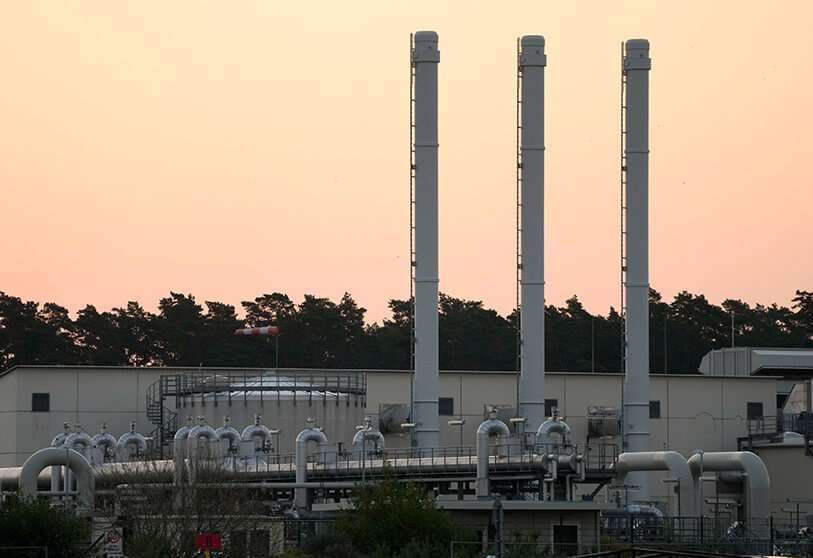
However, certain countries such as Spain and Portugal have rejected Brussels' proposed plan, pointing out that they use very little Russian gas compared to other EU nations. "Whatever happens, Spanish families will not suffer gas or electricity cuts in their homes," said Spain's Minister for Ecological Transition, Teresa Ribera. "Unlike other countries, Spaniards have not lived beyond our means in terms of energy", the minister explained, as reported by Cinco Días. On the other hand, her Portuguese counterpart, Joao Galamba, considered the measure "unsustainable" and "disproportionate". The Portuguese politician also recalled that "Portugal was at a disadvantage for years and years because it had no links".
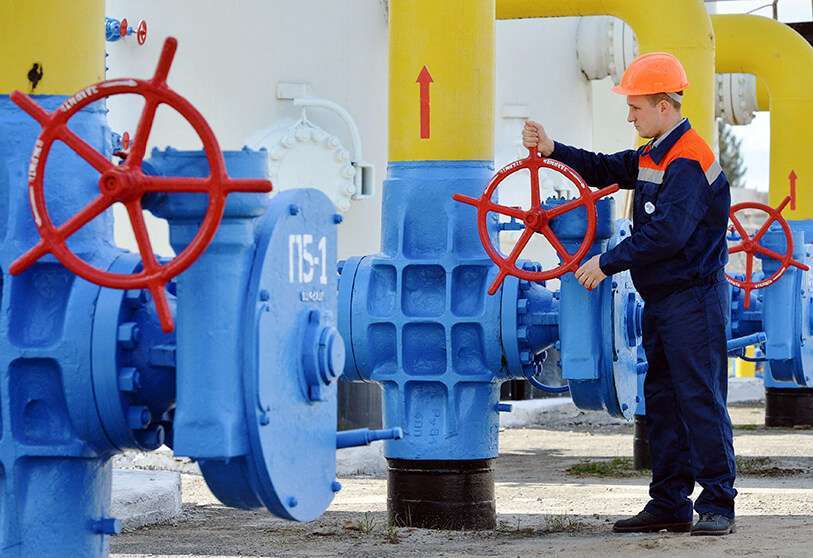
On 11 July, Russia shut down the Baltic Sea pipeline for maintenance. According to Moscow, the German company Siemens Energy failed to return a turbine being repaired in Canada on time, which was needed for gas pumping.
Russia has blamed the delay and "complicating maintenance work" on sanctions imposed by the European Union. Similarly, a day before the resumption of supplies, Russian President Vladimir Putin accused Canada of delaying the turbine shipment for its own benefit.

Germany's economy minister, Robert Habeck, meanwhile, accused Russia of blackmailing Europe with energy, although Moscow denied this, again alluding to European sanctions imposed after Russia's invasion of Ukraine.

